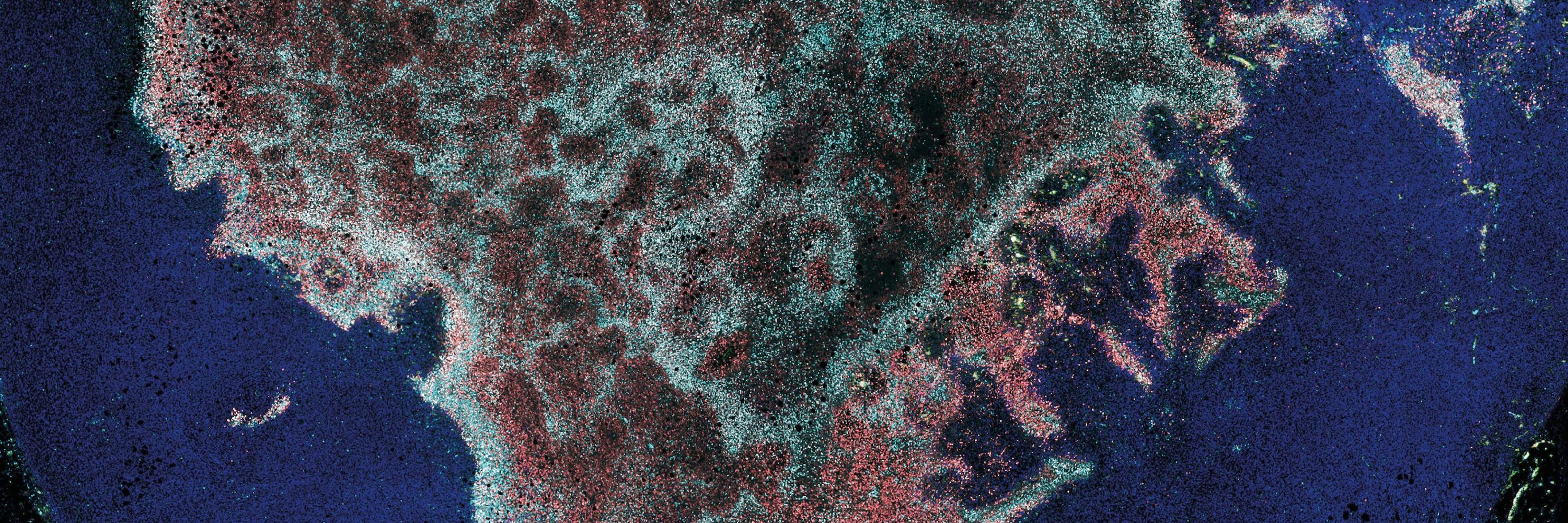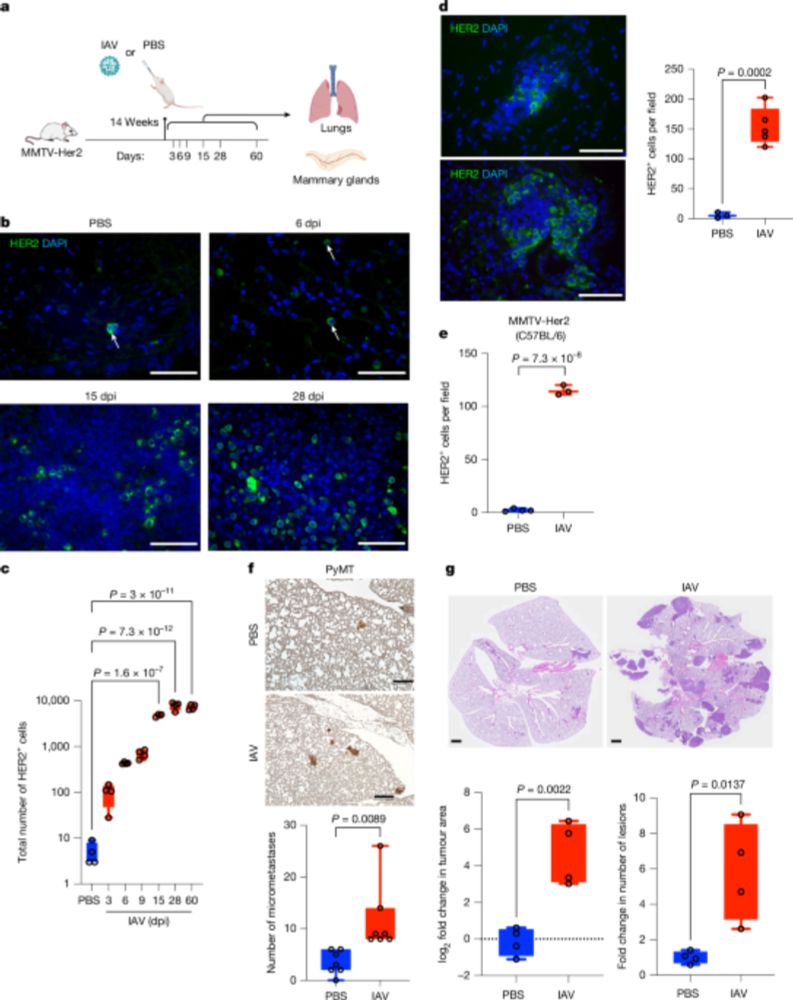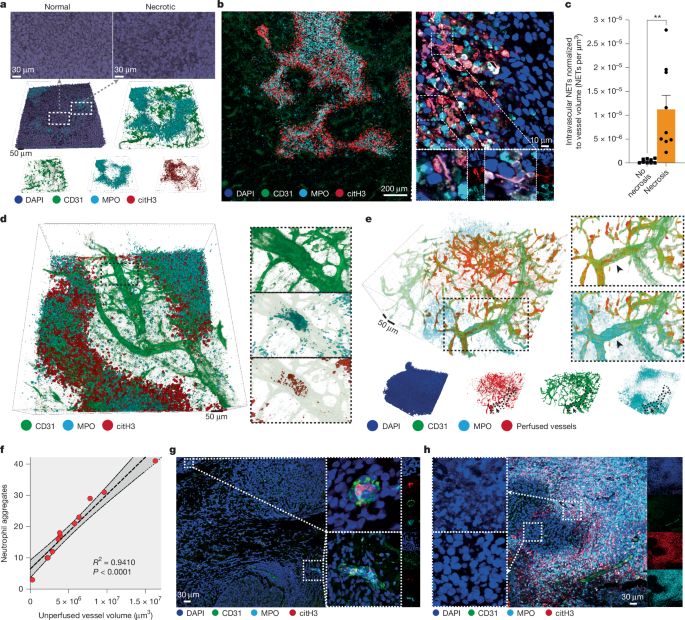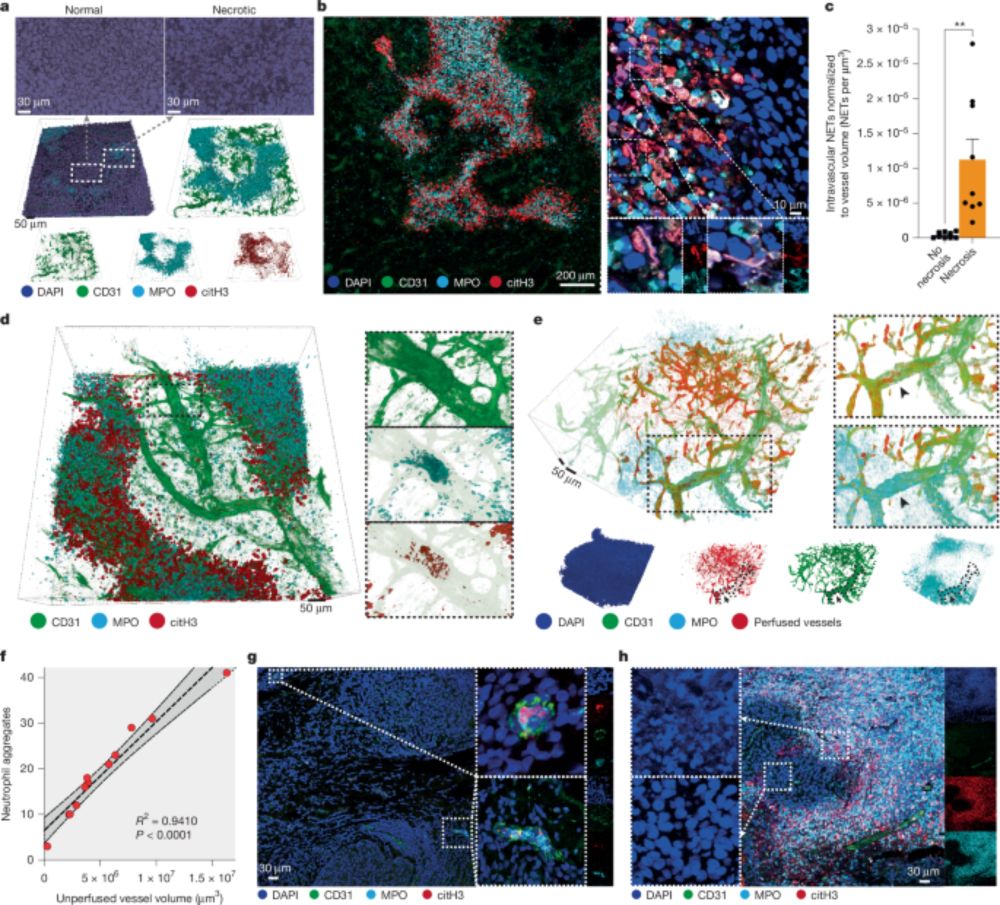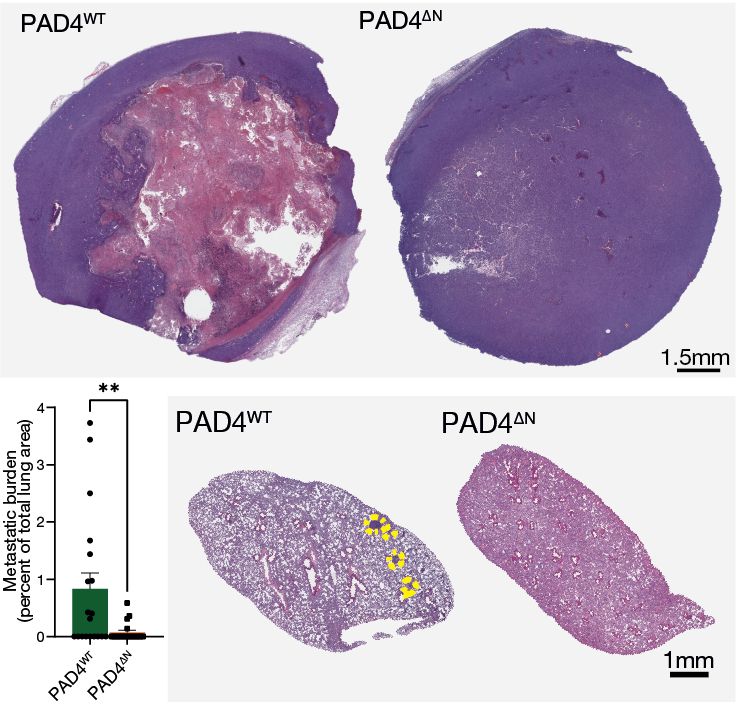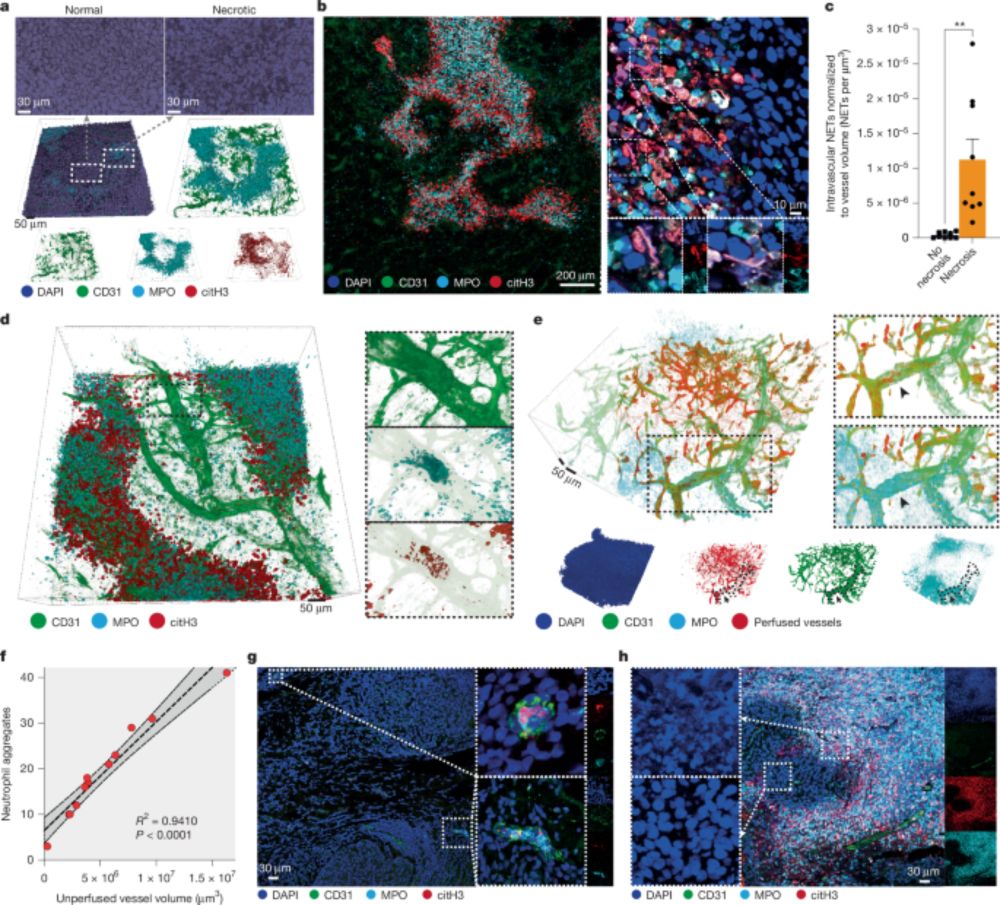Jose M. Adrover
@adrover.bsky.social
280 followers
640 following
23 posts
Studying the cancer-cardiovascular disease interplay, with a focus on how cancer reprograms the hematopoietic and immune systems, at the Francis Crick Institute in London
http://www.adroverlab.com
Posts
Media
Videos
Starter Packs
Reposted by Jose M. Adrover
Reposted by Jose M. Adrover
Reposted by Jose M. Adrover
Reposted by Jose M. Adrover
Jose M. Adrover
@adrover.bsky.social
· Aug 12
Heart of the matter: Neutrophils, cancer, and cardiovascular disease | Journal of Experimental Medicine | Rockefeller University Press
Cancer and cardiovascular disease are the leading causes of death worldwide. Cancer patients display an abnormally elevated burden of cardiovascular diseas
rupress.org
Jose M. Adrover
@adrover.bsky.social
· Aug 4

Intravascular Neutrophil-Derived NETs Drive Tumor Necrosis and Metastasis
Major Finding: A Ly6GhighLy6Clow subset of neutrophils drives pleomorphic necrosis by forming intravascular neutrophil extracellular traps (NET).Concept: Tumor cells adjacent to neutrophil-induced nec...
aacrjournals.org
Reposted by Jose M. Adrover
Alejandro Brenes
@ajbrenes.com
· Jul 27
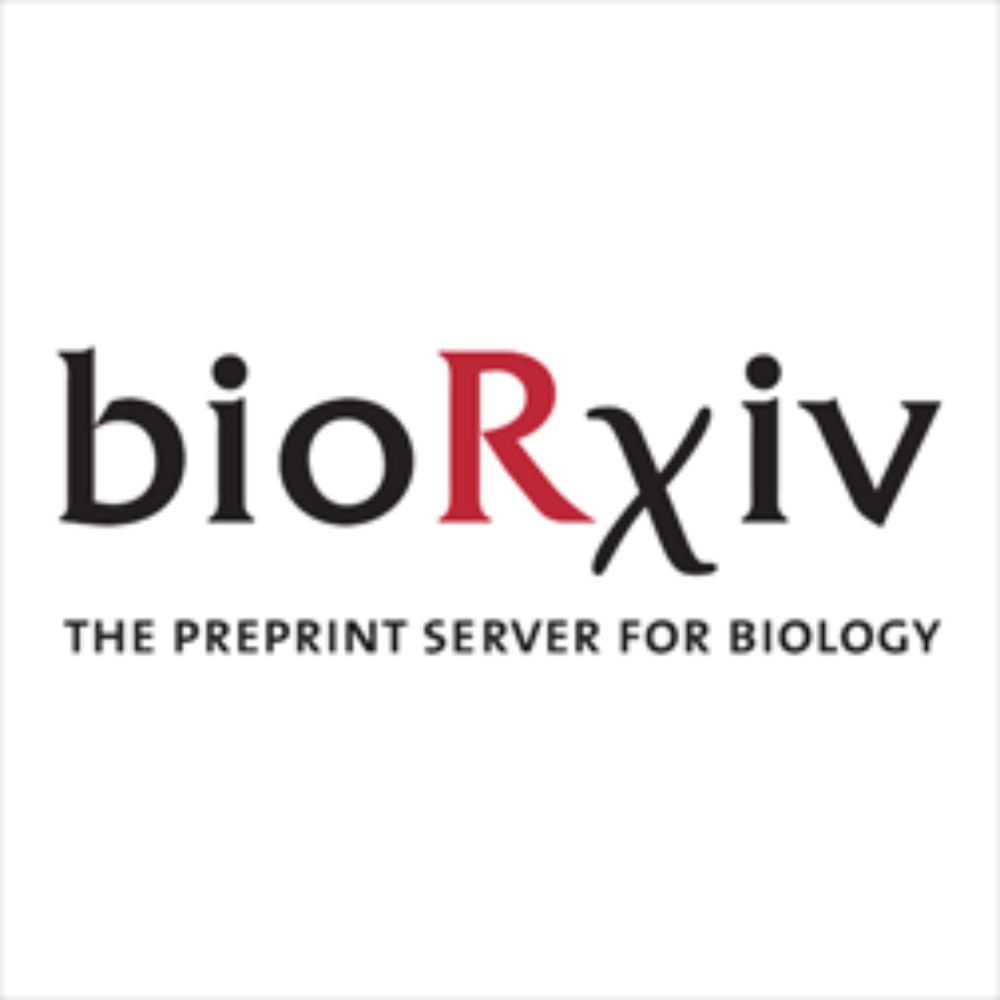
Single cell proteomic analysis defines discrete neutrophil functional states in human glioblastoma
Neutrophils are vital innate immune cells shown to infiltrate glioblastomas, however we currently lack the molecular understanding of their functional states within the tumour niche. Neutrophils are k...
www.biorxiv.org
Reposted by Jose M. Adrover
Jose M. Adrover
@adrover.bsky.social
· Jul 17
Jose M. Adrover
@adrover.bsky.social
· Jul 17
Jose M. Adrover
@adrover.bsky.social
· Jul 17
Jose M. Adrover
@adrover.bsky.social
· Jul 17
